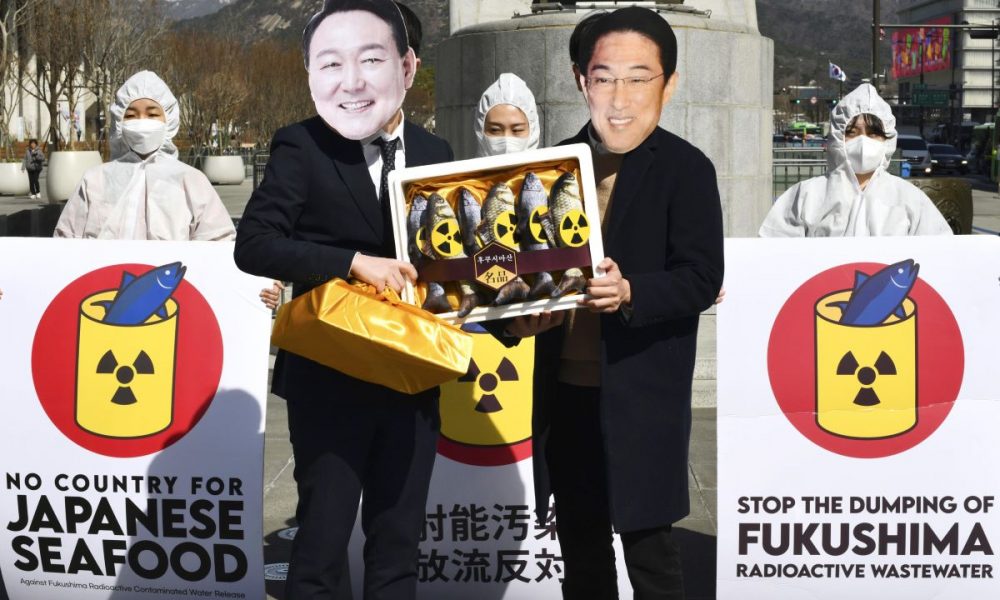
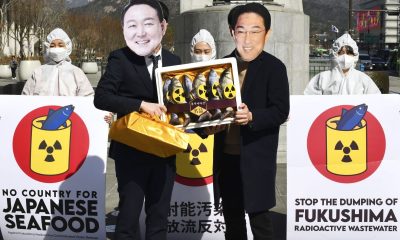

The treated water release from the Fukushima Daiichi plant is safe. But South Korea's opposition parties have been weaponizing the issue for political gain.
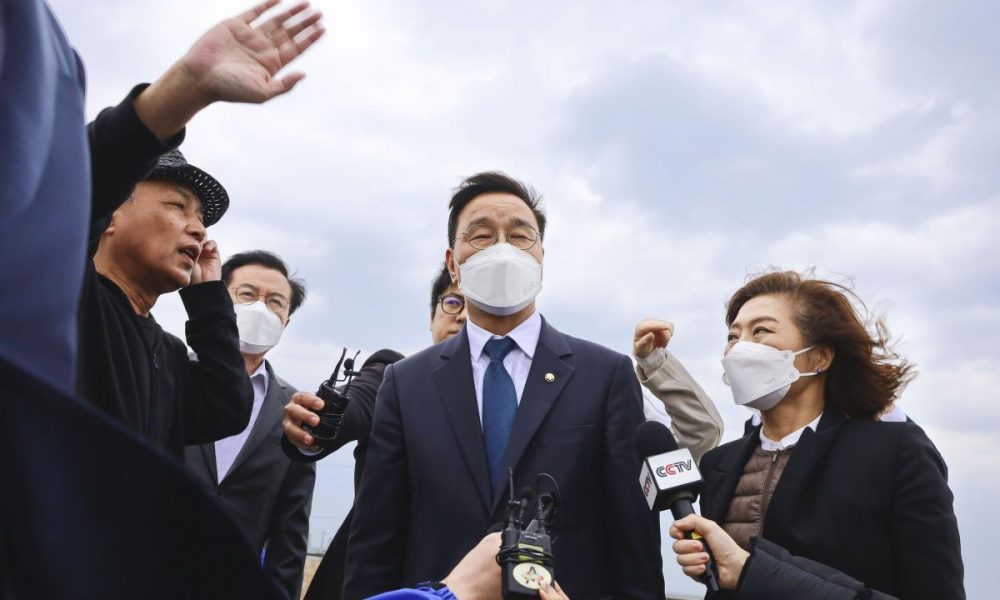
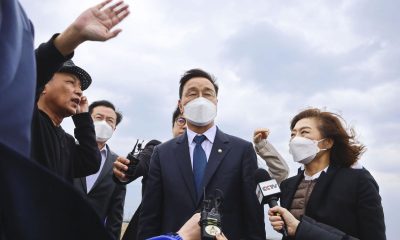

A major South Korean daily has accused an opposition party's objection to the Fukushima Nuclear Plant's treated water release of deviating "far from the facts."
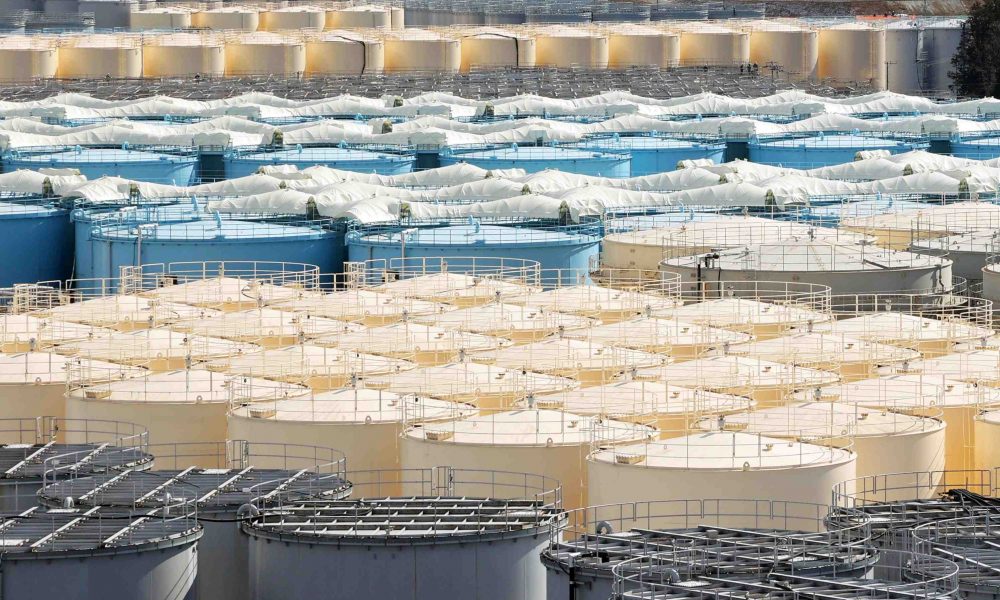
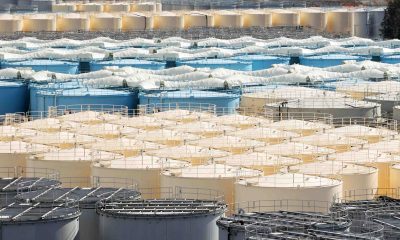

Releasing the treated water at Fukushima is safe, says the IAEA, and the tritium in it is only about one fifth of what China releases at...
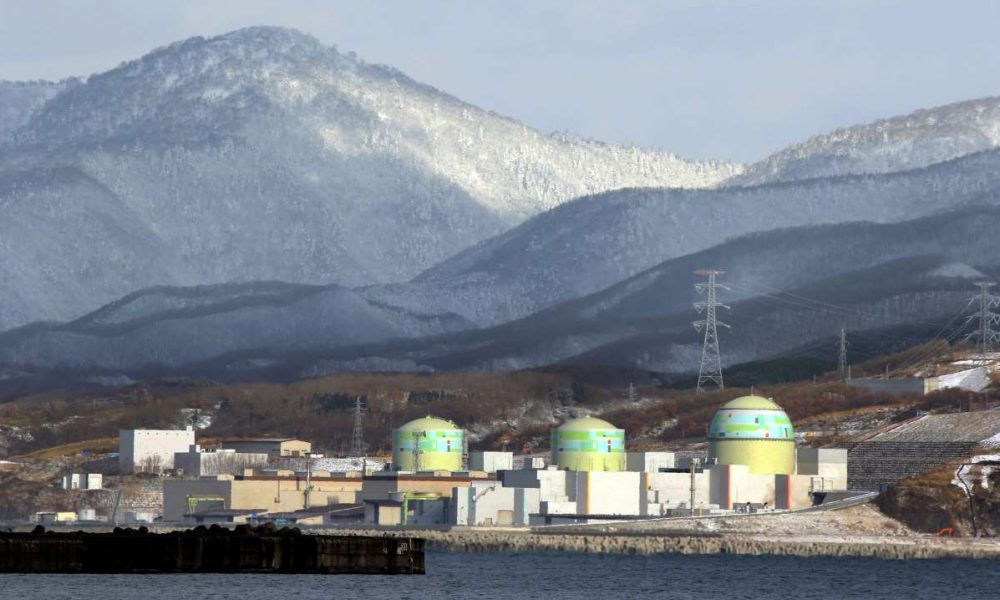
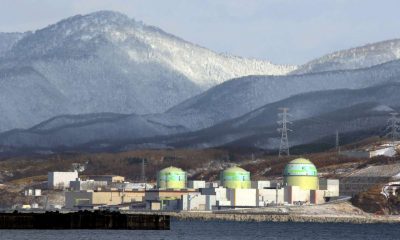

Communities experiencing serious electricity shortage, especially those in eastern Japan, should see the importance of Kishida’s major policy shift.
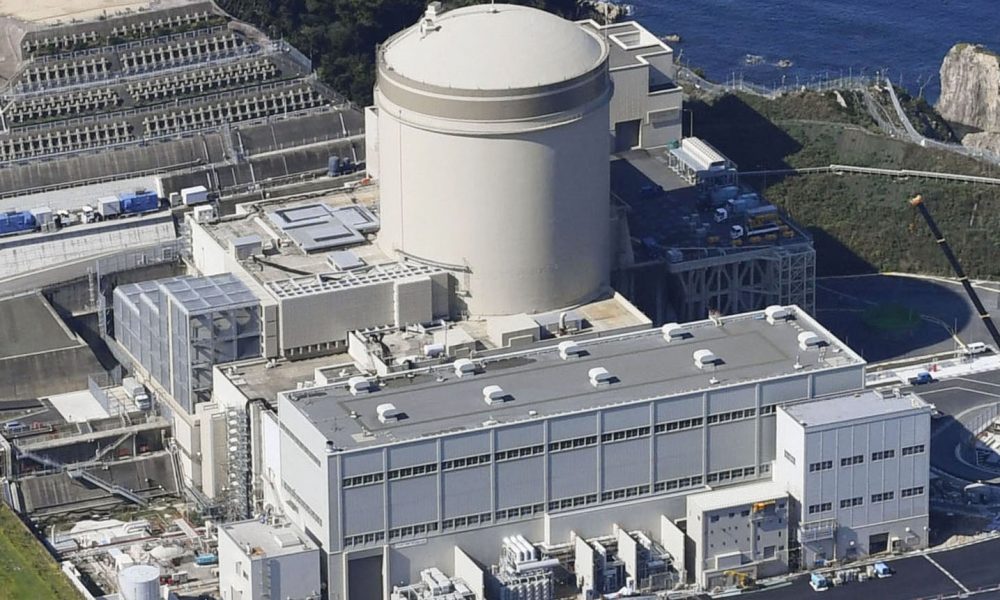
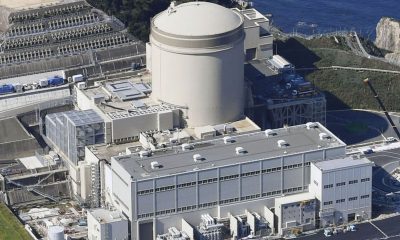

Pledging to decarbonize and reduce energy imports from Russia, signs point to Japan’s biggest change in nuclear policy since the Great East Japan Earthquake.
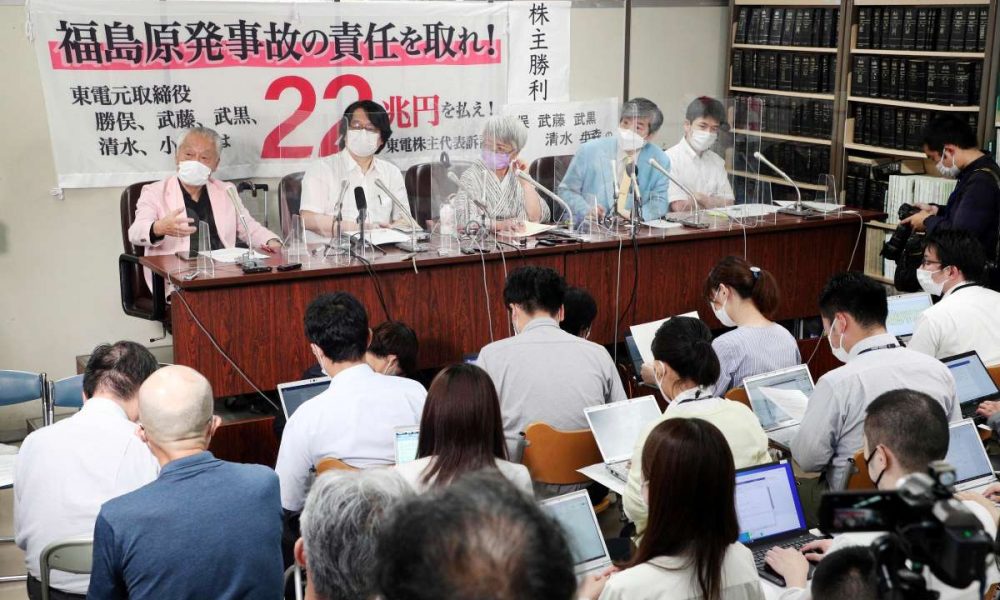
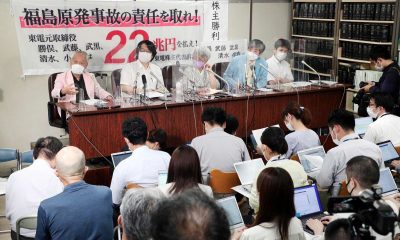

The Supreme Court’s decision in June was expected to clear up the confusion but the latest lower court ruling ignores precedent to reward TEPCO shareholders.
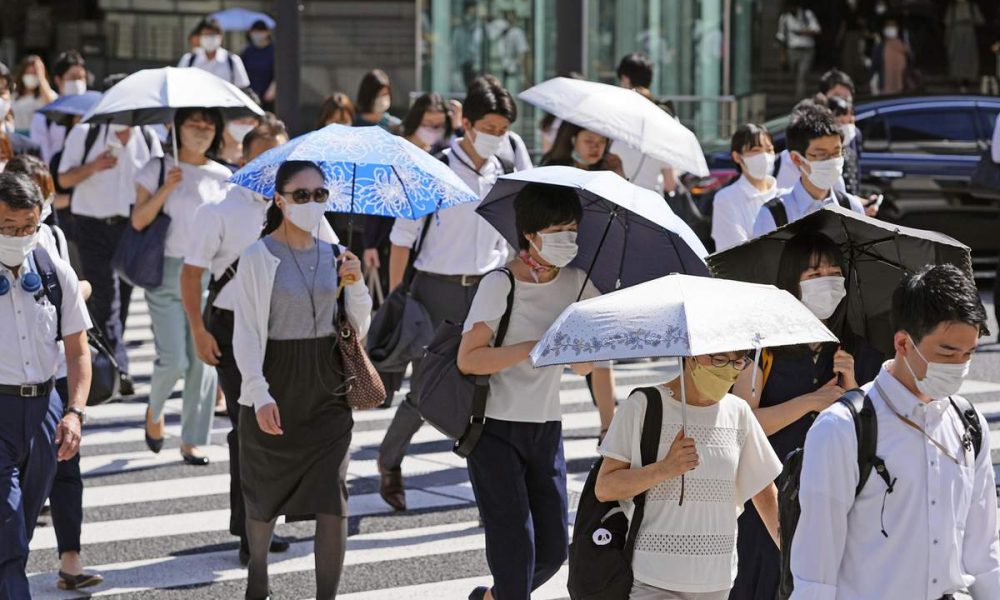
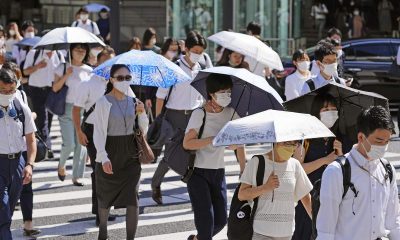

With the hottest June in over 100 years, the Tokyo area is experiencing a power crunch. What options are there to improve the situation?
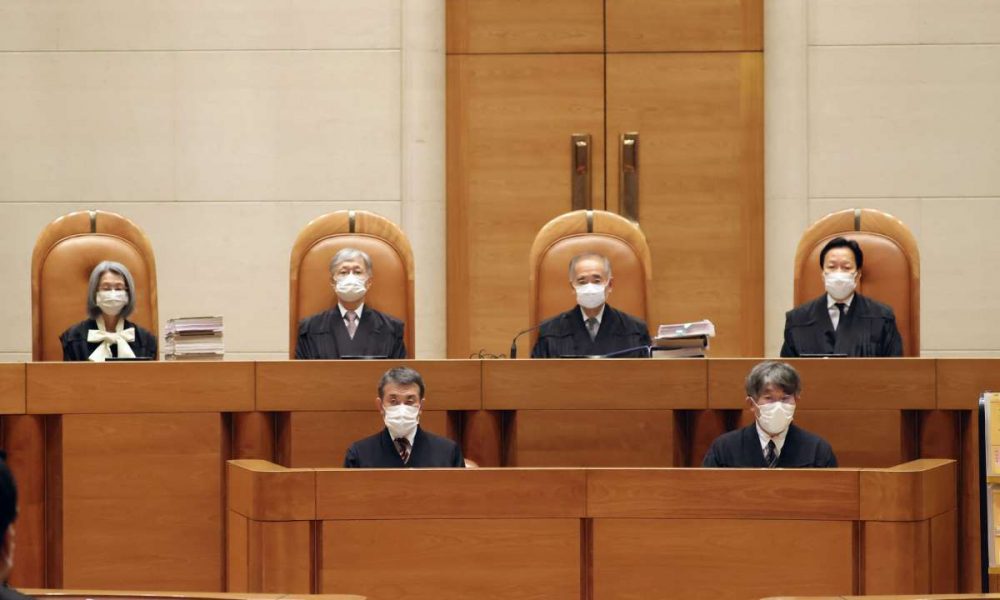
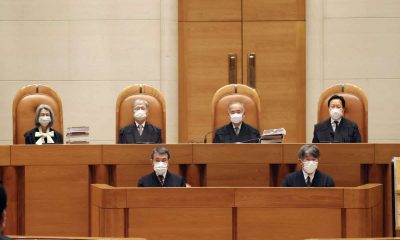

While absolved by the Supreme Court of responsibility, the Japanese government must carefully explain to the nation why nuclear energy is essential.
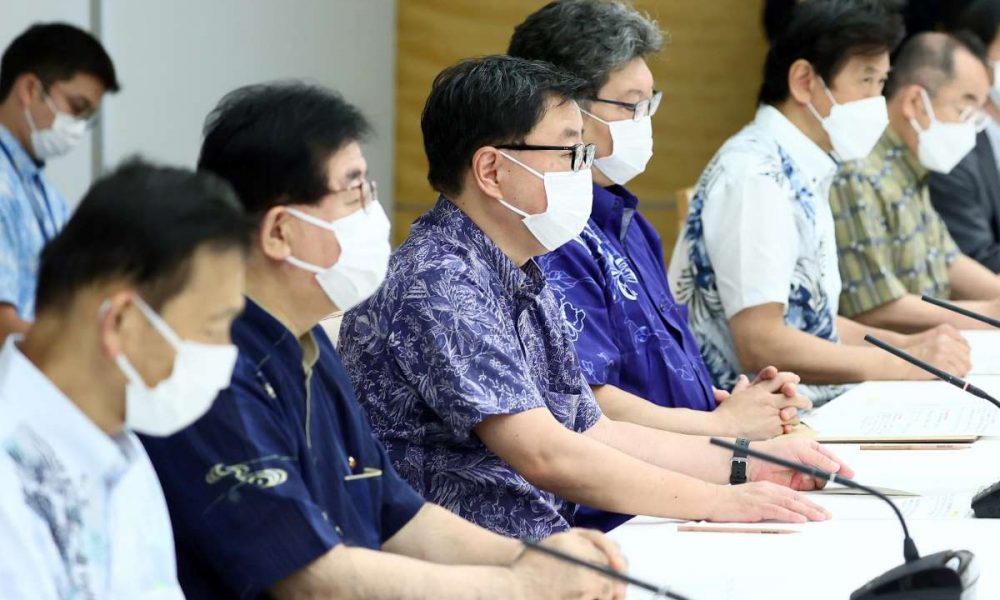
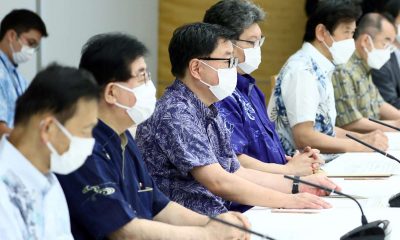

It can no longer rely solely on power conservation. To expand supply, there is an urgent need to restart nuclear power plants whose safety has been...



The global energy crisis will lead to blackouts in Japan unless leadership steps in to ensure a safe, stable domestic power supply.
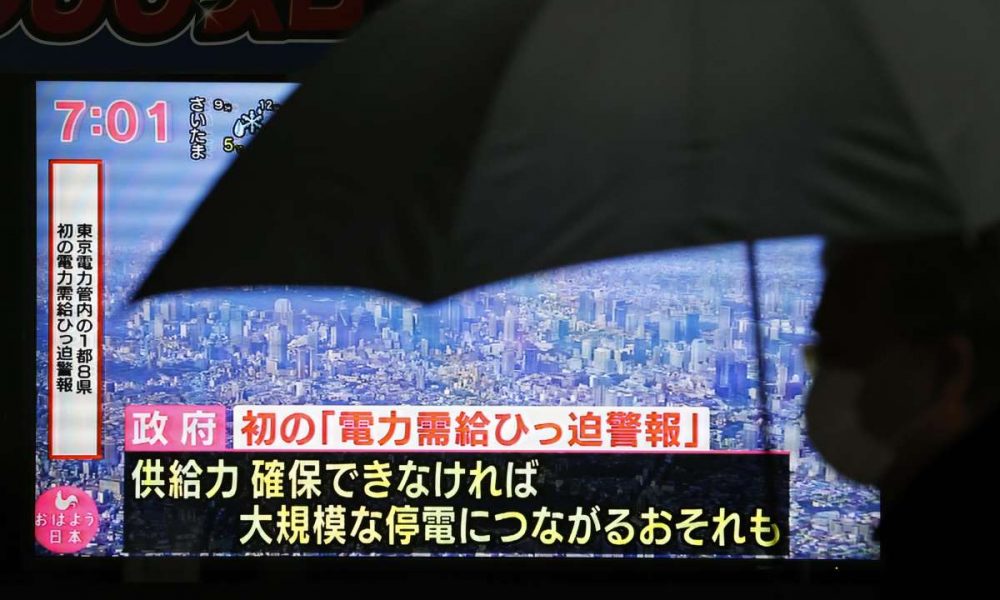


Japan’s power supply will be stressed when the reserve power capacity ratio drops below the 3% safety margin in the coldest months of January and February.
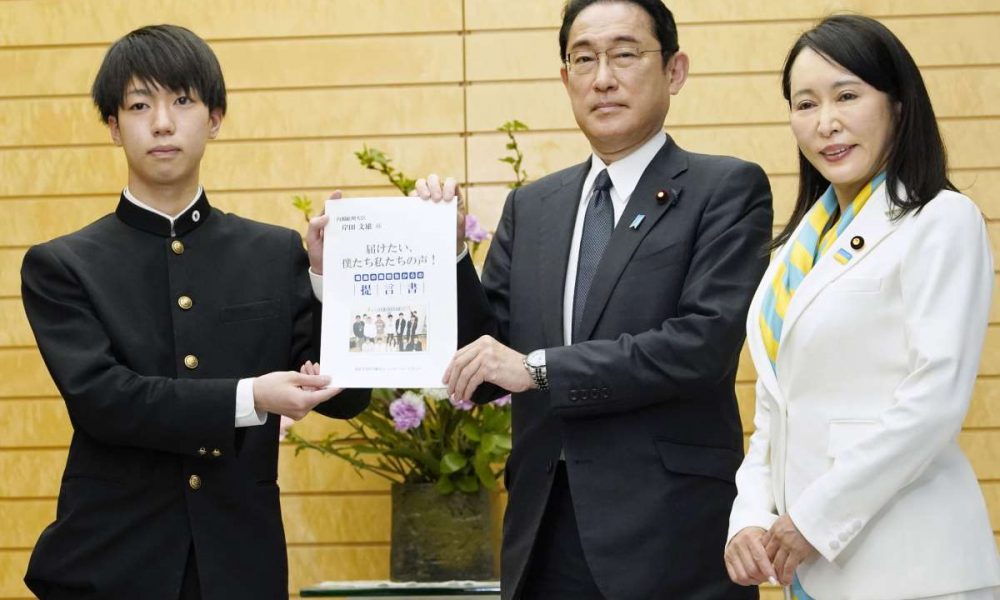
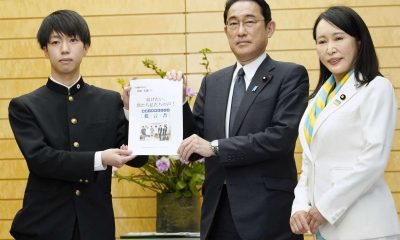

Acquiring energy is a pressing matter for Japan. The public, if given truthful information about nuclear power, will start supporting it.